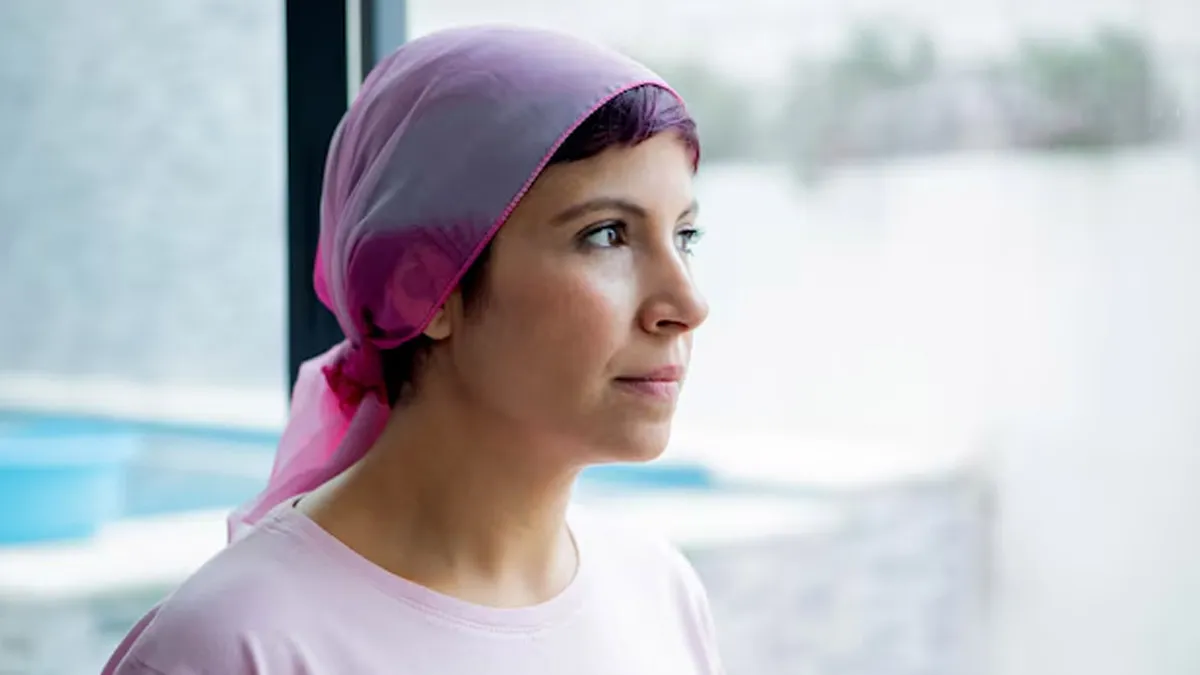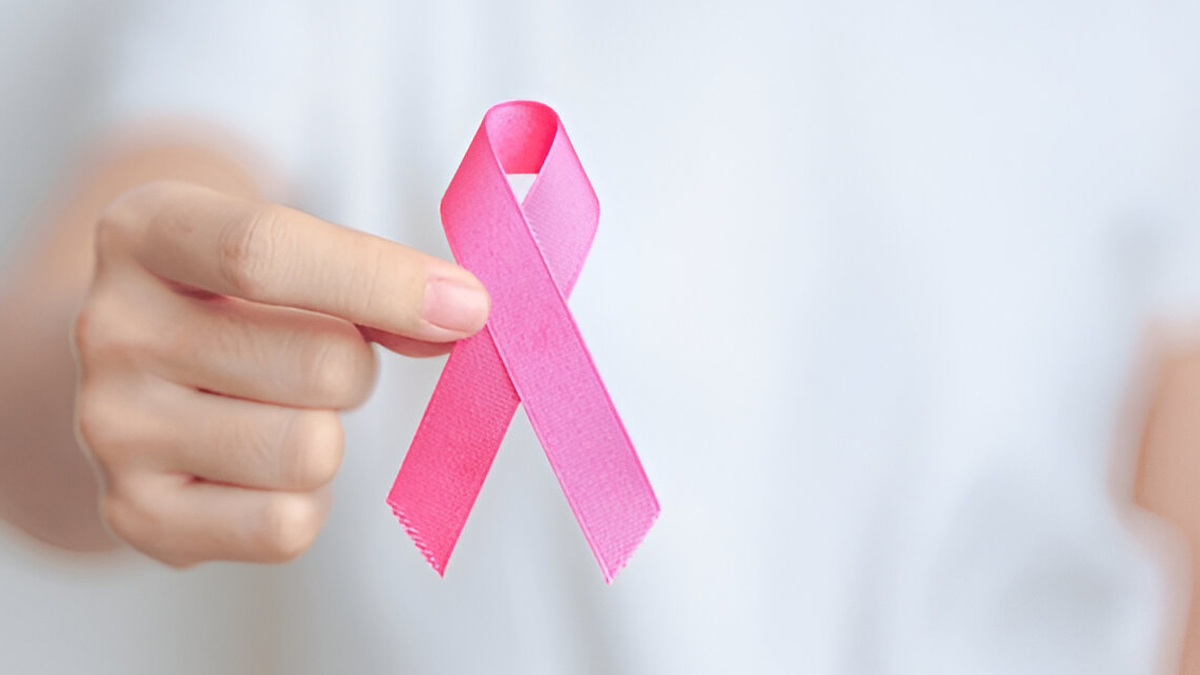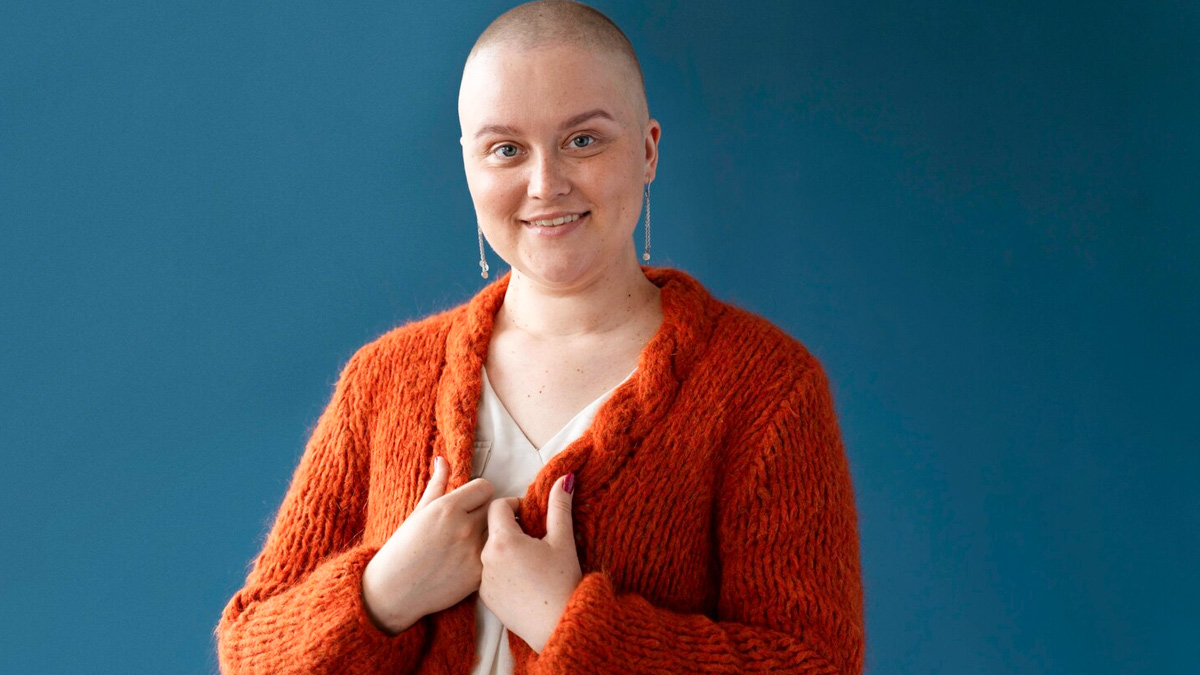
Cancer is the second leading cause of death worldwide, accounting for an estimated 90.6 lakh deaths in 2018. While lung, prostate, colorectal, stomach and liver cancer are the most common types of cancer in men, breast, colorectal, lung, cervical and thyroid cancer are the most common among women.
Table of Content:-
The GLOBOCAN 2022 report, released by the International Agency for Research on Cancer (IARC), estimated that approximately one in five men or women develop cancer in a lifetime, whereas around one in nine men and one in 12 women die from it.
In the case of women, some warning signs are more likely to be overlooked in women than in men. This is because the signs are not always clear or painful in the beginning, or they are easily mistaken for minor issues, delaying early diagnosis and treatment, Dr C N Patil, HOD and Lead Consultant - Medical Oncology and Haemato-Oncology, Aster CMI Hospital, Bengaluru, tells the OnlyMyHealth team. Therefore, when it comes to women, it is crucial to report even the slightest changes in the body, especially those that last for a long time.
Also Read: Unusual Moles: The ABCDE Rule for Spotting Skin Cancer Early
Unusual Changes That Could Be Warning Signs Of Cancer In Women

According to Dr Patil, sometimes, cancer in women shows up through small, unusual changes in the body that are easy to miss. Some of the warning signs include:
- Sudden weight loss without trying
- Constant tiredness
- Changes in appetite
- Unusual bleeding like spotting between periods
- Very heavy periods
- Bleeding after menopause
- Bloating
- Pelvic pain
- A lump in the breast or underarm
- Changes in the skin on the breast
- Long-lasting cough
- Trouble swallowing
- Changes in bathroom habits like going too often
- Blood in urine or stool
Dr Patil notes that while these don’t always mean cancer, if they last for weeks, it’s best to see a doctor early.
Types Of Cancer That Can Be ‘Silent’

Some cancers in women start quietly, with symptoms that are easy to miss.
“Ovarian cancer is known as a ‘silent killer’ because its early signs, like bloating, pelvic pain, or feeling full quickly, seem like common stomach problems,” explains Dr Patil. It is the eighth most common cancer among women worldwide, accounting for over 3.24 lakh new cases and over two lakh deaths in 2022, according to a review article published in Nature Reviews Clinical Oncology.
Cervical cancer can also develop slowly, showing only light bleeding or unusual discharge at first. It is the fourth most common cancer in women globally, with around 6.6 lakh new cases and around 3.5 lakh deaths in 2022, according to the World Health Organization (WHO).
In addition, pancreatic cancer often causes vague back pain, indigestion, or weight loss, which people may ignore, whereas colon cancer can start with small changes in bathroom habits or blood in the stool that is mistaken for piles.
“Even breast cancer may begin with a tiny lump or slight skin change that doesn’t hurt,” highlights Dr Patil, adding that these subtle signs highlight why regular check-ups and screenings are so important for women’s health.
Also Read: Soursop Leaves: Can It Cure Cancer? What Science Says
When Should Women Consult Doctors?

Women should see a doctor if they notice any change in their body that lasts more than two weeks and does not improve. This includes:
- Unusual bleeding
- Lumps in the breast or underarm
- Constant bloating
- Long-lasting pain
- Sudden weight loss without reason
- Irregular periods or bleeding that happens after menopause
- Trouble swallowing
- Ongoing cough
- Changes in bathroom habits
- Blood in urine or stool
Dr Patil shares that even small changes, if they keep coming back or get worse, should not be ignored. It’s always better to be safe; early check-ups can catch problems before they become serious and give women a better chance of treatment and recovery.
Role Of Regular Screening
It is important to know that regular screenings and self-checks can save lives by catching cancer before it grows or spreads.
“Many cancers, like breast, cervical, and colon cancer, can be found early through routine tests. For example, a mammogram can spot tiny breast lumps long before they can be felt, and a Pap smear can detect early changes in the cervix. Self-checks, like feeling the breasts for lumps or watching for unusual body changes, also help women notice problems sooner,” explains Dr Patil.
He concludes, “When cancer is found early, treatment is usually simpler, less aggressive, and more successful. Screenings don’t prevent cancer, but they give women a strong chance to fight it at the right time, making early detection one of the best forms of protection.”
Also watch this video
How we keep this article up to date:
We work with experts and keep a close eye on the latest in health and wellness. Whenever there is a new research or helpful information, we update our articles with accurate and useful advice.
Current Version
